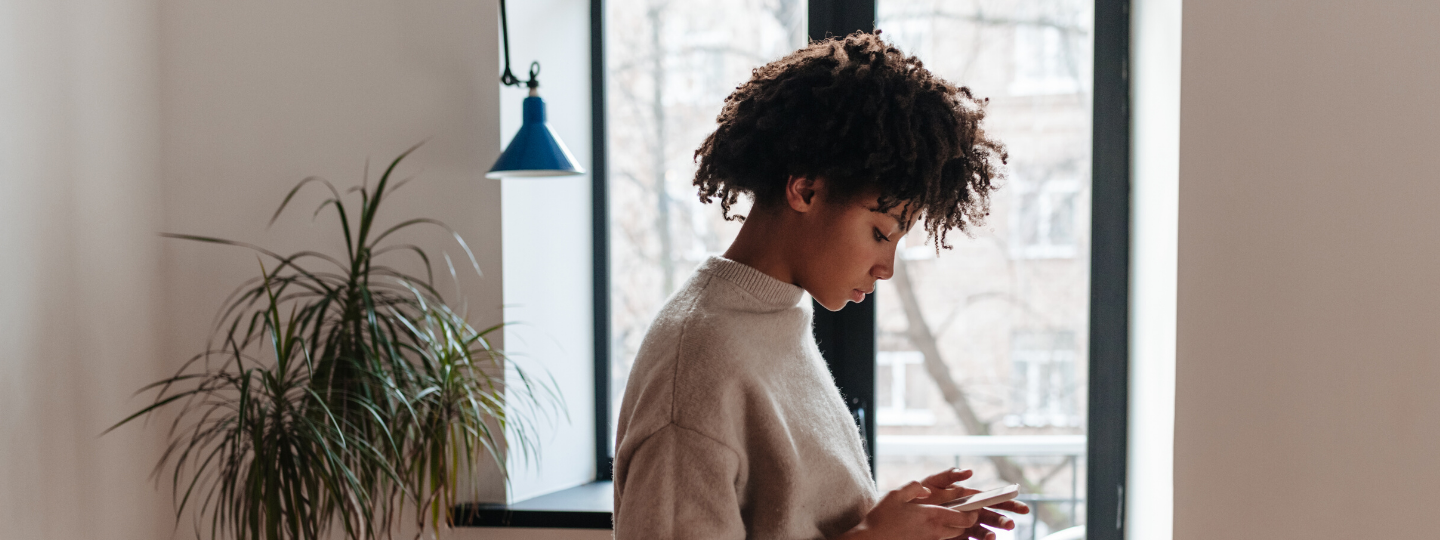Brings categories: parent or guardian
Mental health services for under 18s
It can be an overwhelming experience for a parent when your child is experiencing difficulties with their mental health.
There are many supports available to you and your son or daughter, but knowing what mental health services there are how and how to access them isn’t always easy.
Below we’ve listed some of the mental health services for under 18s in Ireland, how to access them, and costs. The service or organisation you go to depends on what your child is going through is considered mild, or more severe in nature. The first step to knowing this is going to your GP.
Developing routines for the family
It makes sense to try to retain a level of stability in an uncertain world. But, developing a routine to suit everyone in the household can be a real challenge.
Webinar: Supporting young people to stay positive
We ran a webinar for parents on Monday, 27 April where two Jigsaw clinicians gave a presentation on supporting young people to stay positive and motivated. They then took questions from parents about what was going on for them.
The lockdown has gone on longer than any of us could have foreseen at the beginning and is now what people are calling the ‘new normal’. However, it can still feel far from normal particularly with things like school, college and work suspended, uncertain or over in some cases.
Keeping yourself and the young people in your life positive and motivated right now can take a bit of of extra work. Hopefully, this webinar covers useful tips for you to try at this time.
Webinar: Supporting your own mental health in lockdown
We ran a webinar for parents where two Jigsaw clinicians gave a presentation about supporting your mental health while social distancing. They then took questions from parents about what was going on for them.
The new measures can still throw up a lot of uncertainty and disappointment about plans that either have to postponed, or canceled. Keeping yourself and the young people in your life positive and motivated right now can take a bit of of extra work. Hopefully, this webinar covers useful tips for you to try at this time.
Webinar: Helping young people manage disappointment
We ran a webinar for parents about helping young people manage disappointment. In this recording, Maebh and Dan gave a short presentation. They then took questions from parents. The video above is a recording.
Ask Jigsaw: Getting a teenager to do homework
How can you try and get your 14 year old teenager to homework and just generally comply and not make life difficult for everyone else during this time.
-Dee
Hi Dee,
This is a really challenging time for all members of the family. Being cooped up in the house together, without the normal routine and our usual social supports is really tough. For parents and young people alike.
How to talk about porn with young people
With advances in technology, pornography has become more and more accessible to young people. It is no longer confined to the top shelf of the newspaper shop, but can be accessed anywhere, anytime.
Although it might be awkward, we need to be having conversations with young people about porn and the impact it can have.
How to start a difficult conversation
If a young person in your life seems to be having a tough time, trust your instinct something isn’t right.
There are plenty of signs to look out for that are good to know. If you want to start a difficult conversation but don’t know where to begin, you are not alone.
Many young people have missed out on a number of opportunities and milestones since the pandemic started. And there can be no question this can impact on everyone’s mood in the family unit.
When a young person is feeling down, stressed out or experiencing anxiety, they may become closed off or defensive. They can find it hard to talk about what is going on. In response to the pandemic and restrictions, they may not know or understand emotions they’re experiencing.
Some things can be challenging to communicate. However, whether able to open up or not, a young person will likely appreciate being offered the opportunity to talk. They will benefit from knowing someone is there to support them when they are ready to accept help.
Choose your time to start a conversation
Finding the right time is important to consider. You need an adequate amount of time available so neither of you feels pressure to reach a quick conclusion. It’s wise to choose a time when you are both free without something to rush off to.
The young person may have a deadline for homework or is distracted by a football game. In this case, it is unlikely they will want to talk. Remember, your priorities may not be the same.
A convenient time to talk may crop up naturally when you are both relaxed and doing something together. However, it may not be that easy to start a tough conversation.
You might have to deliberately make the time. Don’t try to be a mind reader on this. Let the young person know you’d like to spend some time with them and ask when suits them.
Jonathan’s aunt on how Jigsaw helped him
Jonathan* is a teenager who was referred to Jigsaw by his GP. Below, Jonathan’s aunt talks about how Jigsaw helped him deal with anxious thoughts and find ways to look after his mental health.
Jonathan’s mother was drinking, and from time to time in hospital with her mental health. His dad was the stable parent in the relationship, but we lost him after a tragic accident. His mother couldn’t help her addiction to alcohol, so she was open to me fostering Jonathan. He came to live with me at the age of seven and his first few years were great, but as he got to puberty things started to slide. It broke my heart when his friends stopped knocking and he started isolating himself.
He’s a really intelligent young fella and likes reading. After our first big conversation about how he was feeling, he left one of his books, The Fault in Our Stars, on the hall landing with a note that said, ‘Read the first page’. He was trying to tell me something, but he hadn’t the words. I knew that something was not right.
One day I got a series of texts from him in school. I could tell that he was anxious. When I collected him that day, he got distressed and spieled off all the things that were upsetting him. I like to take action, so we visited my doctor who referred Jonathan to Jigsaw.







